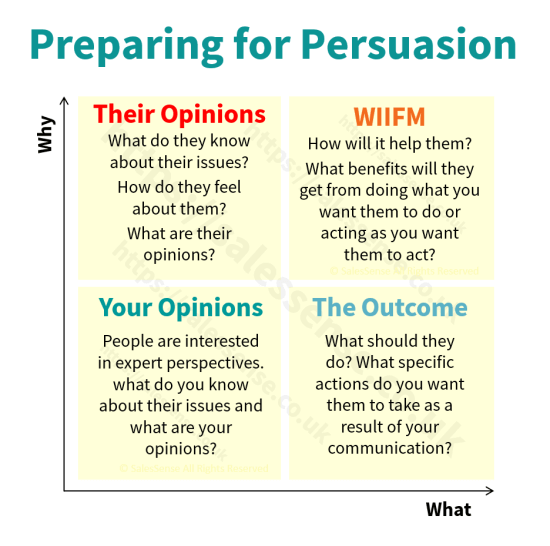Persuasion techniques in sales and the disproportionate impact of favours.

Used carelessly, favours can be perceived as superficial gestures yet when they are accepted as genuine, doing favours is amongst the most potent persuasion techniques in sales.
An unlicensed taxi driver ran his car into my wife’s car at a junction on a quiet country road. He was very aggressive and attempted to place all the blame on Louise who, as you might imagine, was already shaken by the incident. Her distress would have been greater but for a passer-by who intervened and defended her.
It was perhaps a small thing that many of you would have done or have done in similar circumstances. Both my wife and I felt indebted to the stranger. The wonderful thing about most people is their sense of fair play.
Whether it is born from a dislike of feeling beholden or from the pleasure of giving, people strive to repay a favour. It is as if we each have a silent accountant residing in our minds. He, or if you prefer, she, keeps track of every exchange we have with others, recording deposits or withdrawals according to how we evaluate what they say and do and what we say and do in return.
Most of us experience some discomfort when there is an imbalance.
Salespeople ought to be well aware of this human characteristic and look for opportunities to make deposits in the invisible emotional bank accounts of the people they work with.
This knowing seems to be innate yet all too often we overlook the need to work out what will be considered a deposit, from the other person's perspective. Otherwise, we guess or make superficial gestures that seem like transparent attempts to curry favour by astute observers.
Most people are very alert to potential persuasion techniques when speaking with salespeople.
In a sales situation, people are likely to view common courtesy and especially big favours as part of a salesperson's job. Almost anything done by a salesperson could be construed as having the ulterior motive of making the recipient feel beholden.
As a persuasion technique in sales, the first step in developing a sense of obligation on the part of prospects should be to understand what they really want.
In a car showroom, it may be safe to make some assumptions about someone who walks in and wants to talk to you. In business-to-business sales, the person you speak with may not know what they want. Making a connection between their need and your product and service is more complicated. Personal purpose gets entangled with business goals and objectives, further muddling the circumstances.
Until real purpose is understood from business and personal perspectives, attempts to make emotional deposits, in the brownie point bank account, are likely to bounce off the armour we all wear for meeting with salespeople.
Prospects know what salespeople want. The game is balancing the scales of value in your prospect’s eyes.
No matter how alike you and your prospect are, their way of thinking will differ from yours. A salesperson's personal perspective and preconceptions just get in the way. Understanding what the prospect wants depends on suspending judgment. Only by setting aside our own agenda, can we hope to truly appreciate another person's perspective.
So a fundamental persuasion technique is to obtain a comprehensive understanding of what the prospect wants.
After you have achieved understanding - when you can sense the world from a prospect’s perspective, you still have to overcome their natural prejudice against being sold.
To make deposits you have to disconnect the favour or courtesy from any expectation of return.
If you harbour the hope of favour exchange, the other person will probably sense it.
If you do things for others that you don’t have to do, with a clear conscience, without any expectation of getting something back, you create an unconscious obligation.
Perhaps it seems odd to talk of persuasion techniques in sales as virtues. Selling is about helping people do what they want to do so providing a salesperson has understood what the customer wants to do, then helping them do it, is virtuous.
About a week after the collision with the taxi, when a stranger helped my wife deal with its rude and aggressive driver, I had an opportunity to repay the favour by helping someone else, who lost control of her car on a bend and ended up in a hedge.
There was no connection between the two events, just the sense of obligation I felt, to somehow show appreciation for another’s thoughtfulness.
Article by Clive Miller
If you are looking to improve sales skills or develop persuasion techniques in sales, get in touch. Telephone +44 (0)1392 851500. We will be pleased to learn about your needs or talk through some options. Alternatively Send email to custserv@salessense.co.uk for a prompt reply or use the contact form here.












